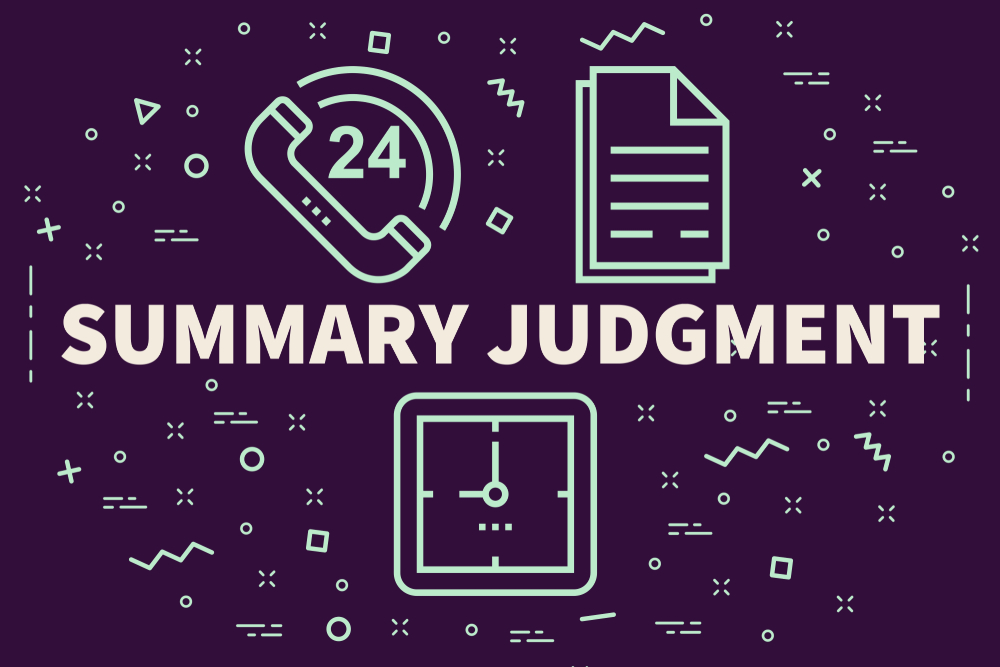Unclean Hands Affirmative Defense
In Florida, and many jurisdictions, there is an equitable affirmative defense known as unclean hands. Most of the time, it is pled as an affirmative defense incorrectly. It is asserted, but not really a defense a party can ever prove. It is a hard defense to prevail on because it is akin to fraud: Unclean hands is an equitable defense much like fraud. The defense applies to bar an equitable claim no matter the claim's merits when “the plaintiff has engaged in some manner of unscrupulous conduct, overreaching, or trickery that would be ‘condemned by honest and reasonable men.' ” U.S. Bank...
Continue reading








